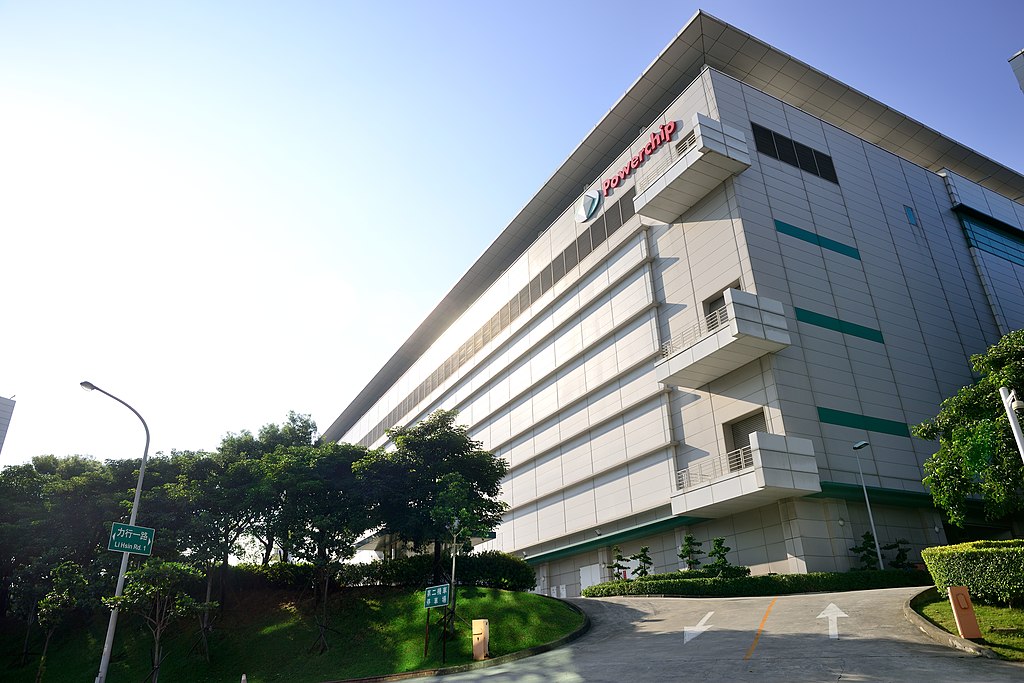Taiwan’s Powerchip Technology once saw its partnership with Hefei in 2015 as a gateway to China’s market. However, its former joint venture, Nexchip, has now become a formidable rival in the legacy chip sector. With Beijing pushing for chip localization, Powerchip was forced to abandon its lucrative business of supplying integrated circuits for Chinese display panels.
China’s chip foundries, including Nexchip, SMIC, and Hua Hong, are aggressively expanding in the $56.3 billion mature-node chip industry. These companies, backed by strong government funding, are undercutting Taiwanese competitors like UMC and Vanguard International with steep discounts. Taiwan’s chipmakers are now shifting focus to advanced and specialty processes to maintain competitiveness.
Frank Huang, chairman of Powerchip, emphasized the urgency of transformation to withstand price wars with Chinese firms. UMC acknowledged industry challenges and is partnering with Intel to develop advanced chips. Meanwhile, Washington's trade policies could slightly ease Taiwan’s struggles, as global companies look to shift supply chains away from China. However, former U.S. President Donald Trump’s proposal for 100% tariffs on foreign-made chips could further shake the market.
China’s aggressive production expansion is reshaping global chip manufacturing. In 2024, China held 34% of mature-node capacity, compared to Taiwan’s 43%, but projections indicate China will surpass Taiwan by 2027. Chinese companies, including China Mobile and China Telecom, are also enforcing stricter local component use, further pressuring Taiwan’s chip industry.
To adapt, Taiwanese firms are prioritizing high-tech processes like 3D stacking and reducing reliance on display driver and sensor chips. While Powerchip retains a 19% stake in Nexchip, it no longer plays an active management role. With rising geopolitical tensions, Taiwanese chipmakers are increasingly receiving orders from customers seeking non-China manufacturing, a trend expected to accelerate.



 Tencent Shares Slide After WeChat Restricts YuanBao AI Promotional Links
Tencent Shares Slide After WeChat Restricts YuanBao AI Promotional Links  Washington Post Publisher Will Lewis Steps Down After Layoffs
Washington Post Publisher Will Lewis Steps Down After Layoffs  Singapore Budget 2026 Set for Fiscal Prudence as Growth Remains Resilient
Singapore Budget 2026 Set for Fiscal Prudence as Growth Remains Resilient  Instagram Outage Disrupts Thousands of U.S. Users
Instagram Outage Disrupts Thousands of U.S. Users  Gold Prices Slide Below $5,000 as Strong Dollar and Central Bank Outlook Weigh on Metals
Gold Prices Slide Below $5,000 as Strong Dollar and Central Bank Outlook Weigh on Metals  Global Markets Slide as AI, Crypto, and Precious Metals Face Heightened Volatility
Global Markets Slide as AI, Crypto, and Precious Metals Face Heightened Volatility  U.S.-India Trade Framework Signals Major Shift in Tariffs, Energy, and Supply Chains
U.S.-India Trade Framework Signals Major Shift in Tariffs, Energy, and Supply Chains  TSMC Eyes 3nm Chip Production in Japan with $17 Billion Kumamoto Investment
TSMC Eyes 3nm Chip Production in Japan with $17 Billion Kumamoto Investment  Alphabet’s Massive AI Spending Surge Signals Confidence in Google’s Growth Engine
Alphabet’s Massive AI Spending Surge Signals Confidence in Google’s Growth Engine  Global PC Makers Eye Chinese Memory Chip Suppliers Amid Ongoing Supply Crunch
Global PC Makers Eye Chinese Memory Chip Suppliers Amid Ongoing Supply Crunch  OpenAI Expands Enterprise AI Strategy With Major Hiring Push Ahead of New Business Offering
OpenAI Expands Enterprise AI Strategy With Major Hiring Push Ahead of New Business Offering  SpaceX Pushes for Early Stock Index Inclusion Ahead of Potential Record-Breaking IPO
SpaceX Pushes for Early Stock Index Inclusion Ahead of Potential Record-Breaking IPO  Oil Prices Slide on US-Iran Talks, Dollar Strength and Profit-Taking Pressure
Oil Prices Slide on US-Iran Talks, Dollar Strength and Profit-Taking Pressure  Bank of Japan Signals Readiness for Near-Term Rate Hike as Inflation Nears Target
Bank of Japan Signals Readiness for Near-Term Rate Hike as Inflation Nears Target  Jensen Huang Urges Taiwan Suppliers to Boost AI Chip Production Amid Surging Demand
Jensen Huang Urges Taiwan Suppliers to Boost AI Chip Production Amid Surging Demand  SpaceX Prioritizes Moon Mission Before Mars as Starship Development Accelerates
SpaceX Prioritizes Moon Mission Before Mars as Starship Development Accelerates  Amazon Stock Rebounds After Earnings as $200B Capex Plan Sparks AI Spending Debate
Amazon Stock Rebounds After Earnings as $200B Capex Plan Sparks AI Spending Debate 































